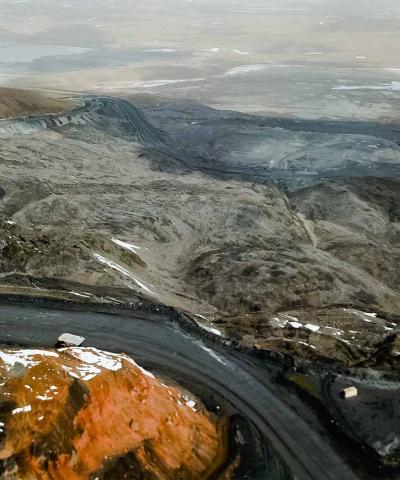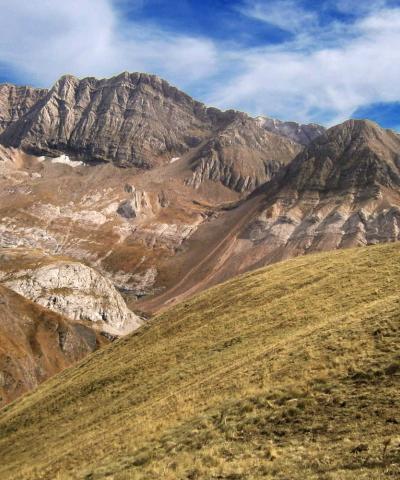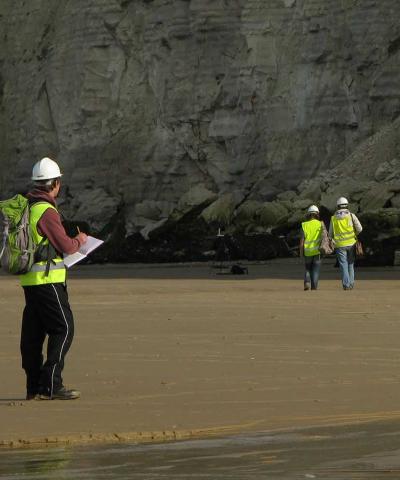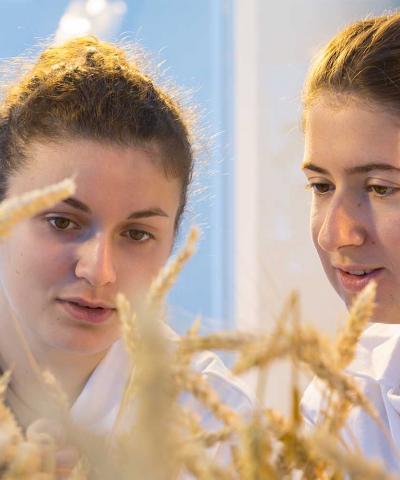Whether it serves the development of a geographic area or the protection of the environment, land use planning pursues one objective: to improve the well-being of citizens.
From the construction of new infrastructure to the fight against soil erosion and the protection of populations in the face of natural risks, this sector combines geography and scientific and technical knowledge in the fields of geology or agronomy.
To build viaducts, tunnels, office towers or simple houses, construction companies need to know the natural constraints of the land. Geological engineers and technicians work upstream of construction to analyze the structure of basements. Thanks to their geotechnical knowledge, they recommend to companies in the sector the technical solutions adapted to ensure the stability of the buildings to be constructed. They also take into account natural risks which could affect future constructions.
In the construction sector itself, agro-materials are an ecological alternative to traditional building materials. With its academic partners ESITC, ISEL and ENSA Normandy, UniLaSalle launched the Ambios chair (Normandy agro-resources and bio-based materials) to develop new "green building" industries. Development of agro-resources which can generate long-term outlets with high added value for the agricultural sector. This sector will therefore be of particular interest to engineers in Agronomy and Agro-industries.
Land use planning is not just about building new infrastructure. It also means taking into account the protection of natural resources. When he specializes in agroecology, the engineer in Agronomy and Agro-industries can provide agronomic solutions applicable on the scale of a territory, with the aim, for example, of protecting the abstractions in drinking water supplying a large basin of population.
Formations associées
What about research?
The work of the Ambios industrial chair contributes to the development of a "green construction" sector. For this, UniLaSalle can count on the support of ESITC (Higher School of Construction Engineering), ENSA (National School of Architecture) Normandy and ISEL Higher Institute of Logistical Studies ).
The VAM²IN team, within the Transformations and Agroresources research unit, studies bio-sourced materials and products (from biomass) for their non-food use.




